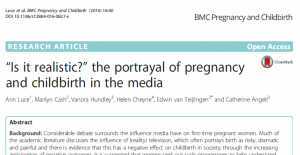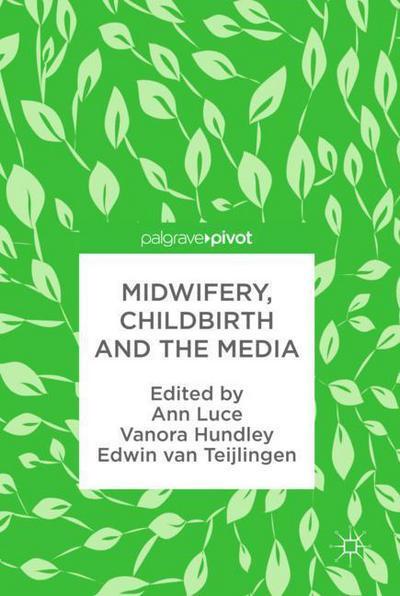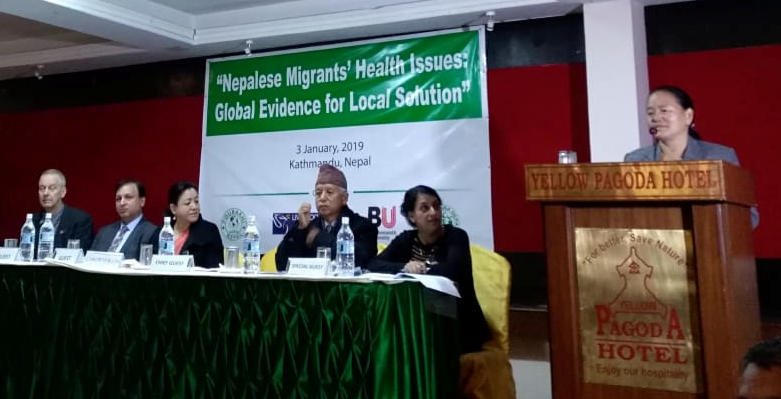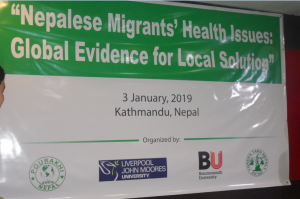Involving patients and/or the public in your clinical research is a great way to ensure that your study is designed and set-up in a way that will be attractive to participants.
This can also help to avoid any setbacks once the project is underway – e.g. scheduling research clinics at 08:30 in the morning at the hospital, when the majority of your participants can’t use their bus pass until 9 o’clock! You may find that recruitment is slow and you will have higher rates of non-compliance.
The Health Research Authority (HRA) released guidance last year to help applicants better identify where they have involved the public in their research applications, and the difference that made to their studies. The guidance sets out how applicants should present their information on public involvement within the Integrated Research Application System (IRAS) in a way that is most useful to Research Ethics Committees (RECs).
Further to this, the HRA have released two blog posts (the 3rd to be released next month) that follow the journey of a Research Fellow at the University of Surrey. Having used this new guidance, the first blog post looks into her thoughts on the advice and how it helped her to achieve success.
The second blog post involves discussion had with two members of the public that the Research Fellow worked with, to find out what it’s like to be involved in research.
Watch this space for the third blog post, and remember that support is on offer at BU if you are thinking of introducing your research ideas into the NHS – email the Research Ethics mailbox, and take a look at the Clinical Governance blog.

























 SPROUT: From Sustainable Research to Sustainable Research Lives
SPROUT: From Sustainable Research to Sustainable Research Lives BRIAN upgrade and new look
BRIAN upgrade and new look Seeing the fruits of your labour in Bangladesh
Seeing the fruits of your labour in Bangladesh Exploring Embodied Research: Body Map Storytelling Workshop & Research Seminar
Exploring Embodied Research: Body Map Storytelling Workshop & Research Seminar Marking a Milestone: The Swash Channel Wreck Book Launch
Marking a Milestone: The Swash Channel Wreck Book Launch ECR Funding Open Call: Research Culture & Community Grant – Application Deadline Friday 12 December
ECR Funding Open Call: Research Culture & Community Grant – Application Deadline Friday 12 December MSCA Postdoctoral Fellowships 2025 Call
MSCA Postdoctoral Fellowships 2025 Call ERC Advanced Grant 2025 Webinar
ERC Advanced Grant 2025 Webinar Update on UKRO services
Update on UKRO services European research project exploring use of ‘virtual twins’ to better manage metabolic associated fatty liver disease
European research project exploring use of ‘virtual twins’ to better manage metabolic associated fatty liver disease